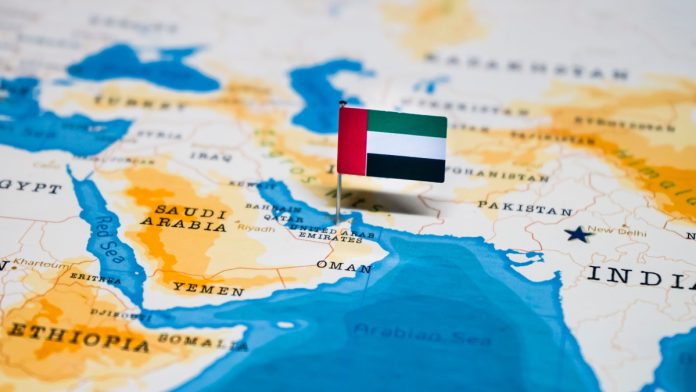Four countries have been removed from the Financial Action Task Force (FATF) grey list following the G7 AML and CTF initiative’s latest plenary.
Barbados, Gibraltar, Uganda and the UAE have been removed from the grey list after the FATF observed ‘significant progress’ in addressing AML and CTF deficiencies identified during its previous evaluations. This progress was verified by the FATF via on-site visits to each country.
Like other countries which find themselves on the grey list, the four nations have had to commit to action plans to resolve the strategic shortcomings in national AML and CTF frameworks, within a specific timeframe.
As a result, all FATF monitoring processes against Barbados, Gibraltar, Uganda and the UAE will cease, although the countries’ respective authorities will continue with the ‘FATF-Style Regional Body’ to continue strengthening financial security regimes.
The FATF grey list now consists of Bulgaria, Burkina Faso, Cameroon, Croatia
Democratic Republic of Congo, Haiti, Jamaica, Mali, Mozambique, Nigeria, Philippines, Senegal, South Africa, South Sudan, Syria, Tanzania, Türkiye, Vietnam and Yemen.
Additionally, the organisation also maintains a ‘black list’ of ‘high-risk’ countries subject to a call to action for serious deficiencies in AML and CTF. There are currently three nations on this list – Iran, Myanmar and North Korea.
The task force’s statement read: “FATF identifies countries or jurisdictions with serious strategic deficiencies to counter money laundering, terrorist financing, and proliferation financing. These jurisdictions are subject to a call for action to protect the international financial system.”
The FATF’s removal of these nations from the grey list will of course come as a relief to the governments of all four countries, but will perhaps have greatest international and cross-sector importance regarding Gibraltar and UAE.
Starting with Gibraltar, this is because the Mediterranean island and British overseas territory is home to a large financial industry and perhaps most significantly a local gambling sector, with various international operators licensed there.
For example, the UK and online operations of William Hill – the UK’s oldest bookmaker and a subsidiary of 888holdings since 2022 – have been managed in Gibraltar since 2009, whilst other companies such as BetVictor, Betfred, Greentube and LiveScore are licenced on the island, in addition to many other operators and suppliers.
Turning to the UAE, the Middle Eastern nation is currently looking to build up its fintech space, having become home, or at the last base of some regional offices, to a range of fintech firms.
The country has been eyeing up expansion in a number of areas relating to fintech, including the launch of a central bank digital currency (CBDC), which its central bank is developing in partnership with R3 and G42 Cloud .
Additionally, the UAE has also been eyeing up potential launch of a regulated gambling market, setting up the General Commercial Gaming Regulatory Authority (GCGRA) to oversee these plans.
For both countries, removal from the grey list will likely provide a welcome boost to local fintech and gambling ambitions, particularly relating to international image and ease of business.
Regarding global financial infrastructure, however, the FATF has still identified areas as a cause for concern. In particular, activities relating to the Russian Federation, as the Ukraine war heads into its third year, were highlighted.
The FATF explained: “FATF members note with concern the potential risks to the international financial system, including growing financial connectivity of Russia with countries subject to FATF countermeasures, risks of proliferation financing, and malicious cyber activities and ransomware attacks.
“Due to the gravity of these risks, many FATF members are taking proactive measures to protect themselves and the global financial system. The FATF calls upon all jurisdictions to continue to remain vigilant due to the above-mentioned risks.
“As they have done since the Russian Federation commenced its war of aggression, FATF members will continue to monitor the situation and the risks posed to the global financial system. As a suspended member of the FATF, the Russian Federation still remains accountable for its obligation to implement the FATF Standards.”























